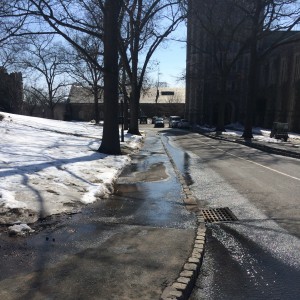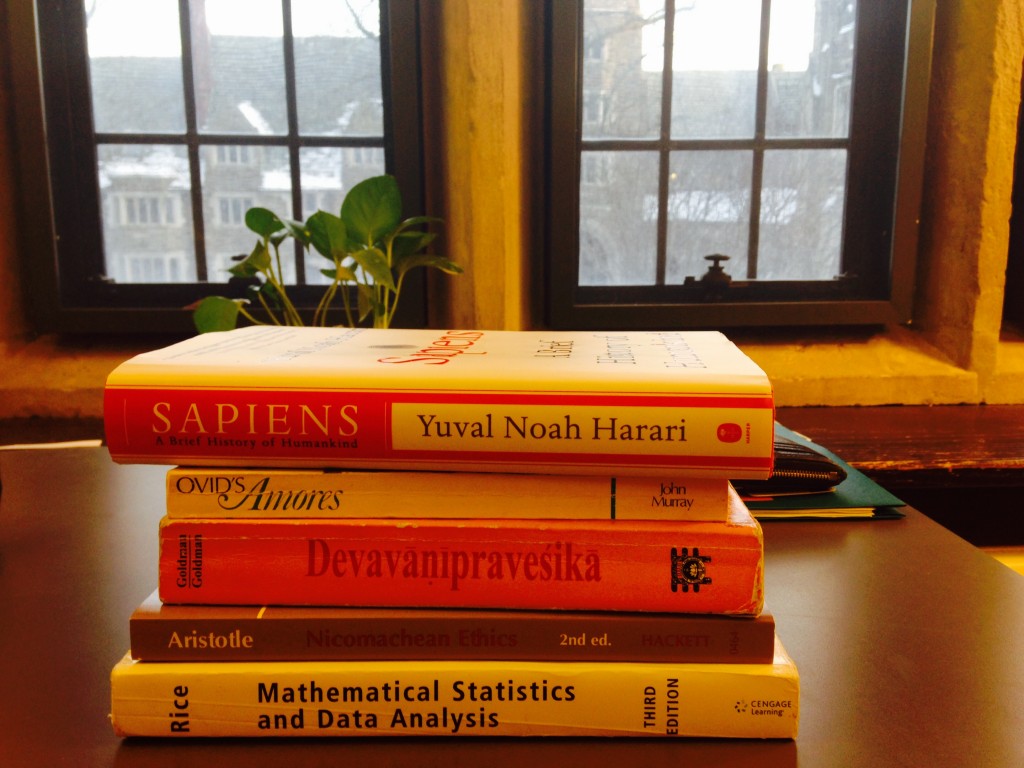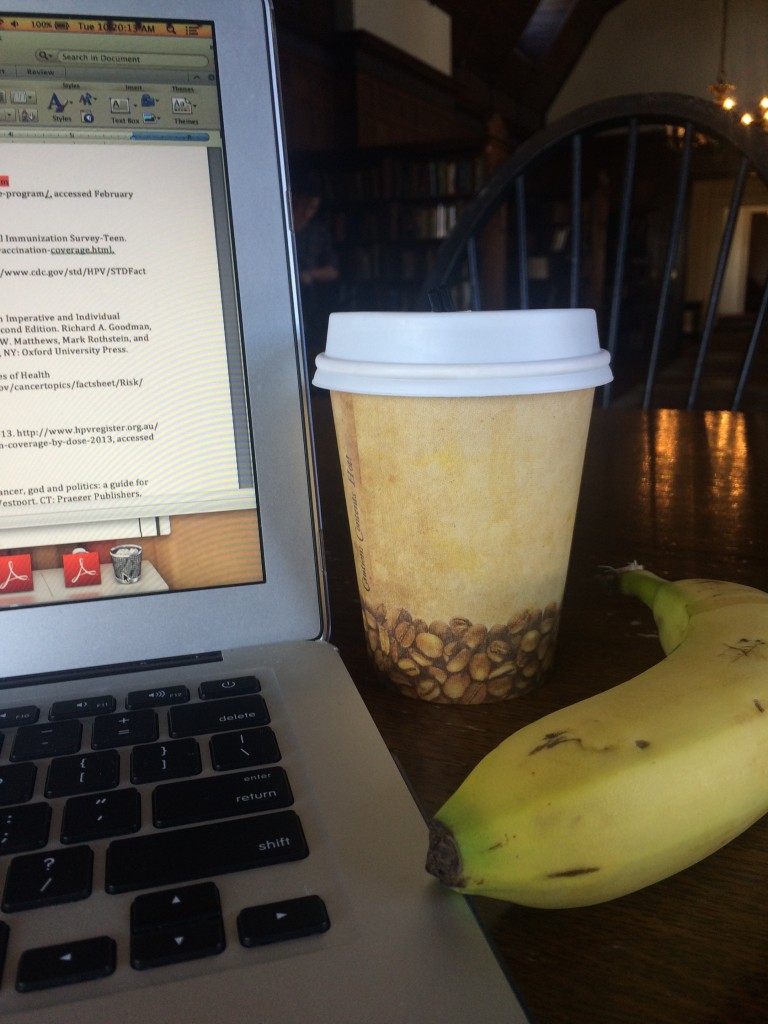Last year, around this time, I felt extremely unsure about my academic path at Princeton. I had always known I wanted to study something interdisciplinary, preferably combining my interests in science and the humanities. Cognitive science, which combines neuroscience with philosophy, seemed like the perfect fit. However, as Princeton had no neuroscience major and no cognitive science program, I wasn’t sure which department or program would allow me the appropriate amount of support and flexibility to do interdisciplinary research that bridged science and the humanities.

For a while, my go-to departmental options had been computer science or economics. After talking to students and attempting to contact department representatives, I became worried about whether these departments would offer me the interdisciplinary flexibility to do the research I wanted. I thought about other university programs, like Stanford’s Symbolic Systems, which “focuses on computers and minds: artificial and natural systems that use symbols to communicate, and to represent information” (see more here: https://symsys.stanford.edu!) Sometimes, I wondered if I should consider transferring to another school.
One simple step at the end of spring semester of my freshman year reassured me about my options at Princeton and has kept me on the right track ever since. Continue reading Finding the Department that Fits









